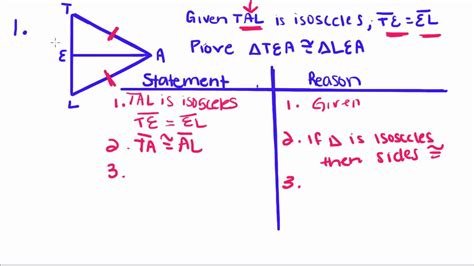Ethereum: Why Proof-of-Work Has to Be Useless

As a pioneer in the cryptocurrency space, Ethereum has been at the forefront of innovation since its inception. One of the key features that sets it apart is its Proof-of-Work (PoW) consensus mechanism. However, many users have expressed frustration with the system, wondering why it’s needed when the results could be sold and costs would drop dramatically.
Problem: Proof-of-Work
On a PoW-based network, miners compete to solve complex mathematical puzzles that require significant computing power. The first miner to solve the puzzle is rewarded with newly minted Ether (ETH), Ethereum’s native cryptocurrency. This process is designed to be energy-intensive, requiring huge amounts of computing power and electricity.
But why Proof-of-Work has to be useful in the first place is not always considered. Here are a few reasons:
- Security: Proof-of-work ensures that only valid transactions can send Ether on the network. Without it, there would be a level playing field for malicious actors to manipulate the blockchain.
- Energy efficiency: As mentioned earlier, PoW is energy intensive, meaning it consumes significant amounts of energy. This could lead to a significant increase in greenhouse gas emissions and environmental burden.
- Central control: Proof-of-work incentivizes miners to validate transactions without any external oversight or regulation.
The selling problem
Selling proof-of-work would likely be extremely lucrative, as it is a highly energy-intensive process. However, there are a few reasons why this is not a viable option:
- Scalability
: The current PoW architecture is designed to handle around 60,000 transactions per second (TPS). As the network grows, the cost of mining Ether will skyrocket.
- Environmental Impact: The enormous energy required for Proof of Work would have devastating consequences for our environment and global efforts to mitigate climate change.
- Regulatory Challenges: Any attempt to monetize Proof of Work could raise regulatory concerns, as it could be seen as unregulated or illegal activity.
Conclusions
While the idea of selling Proof of Work may seem appealing at first glance, it is a complex issue with significant environmental and economic implications. The current PoW architecture is essential for the security, energy efficiency, and centralized control that Ethereum provides. As the network evolves, it will be necessary to find alternative solutions that balance security, scalability, and environmental concerns.
In summary, Proof of Work may seem useless at first, but its core principles are crucial to maintaining the integrity of the Ethereum network. By understanding the context of PoW, we can begin to appreciate its importance in securing our digital transactions and supporting a more sustainable blockchain future.

